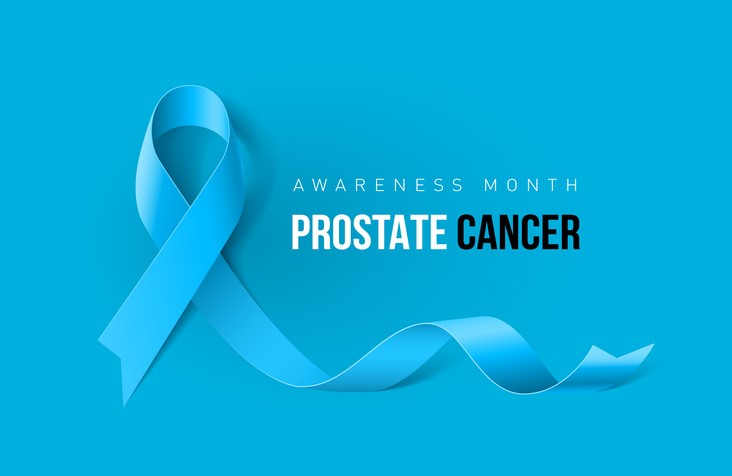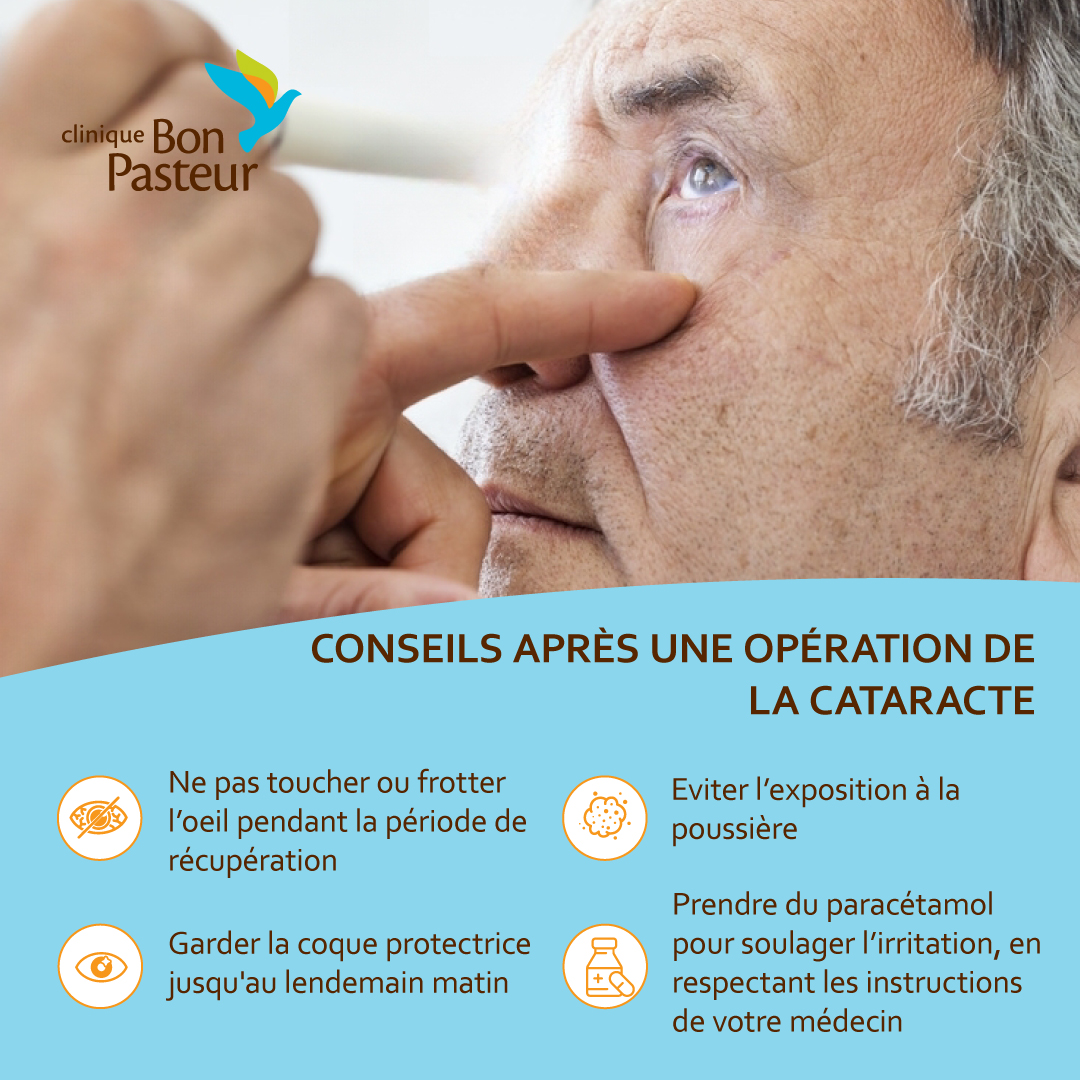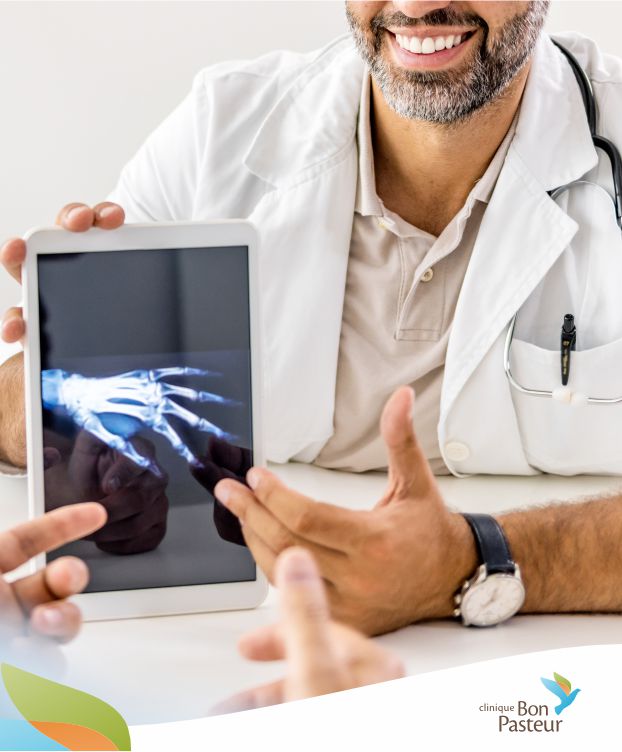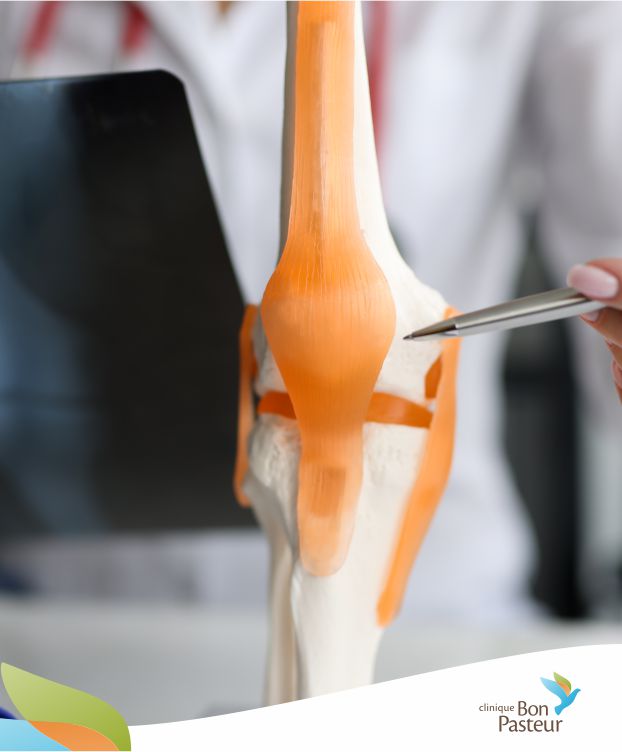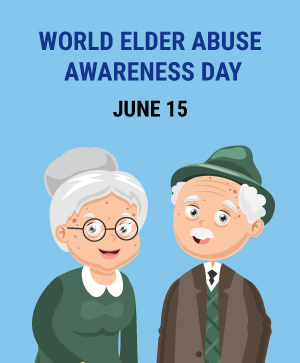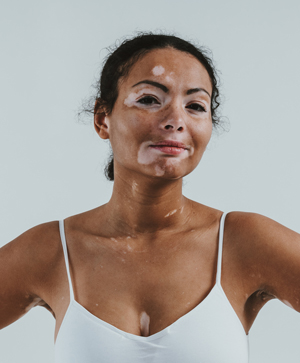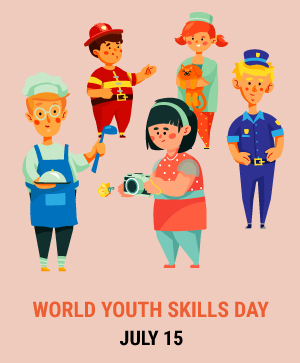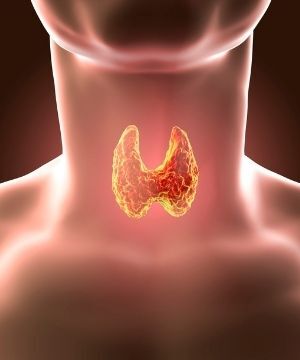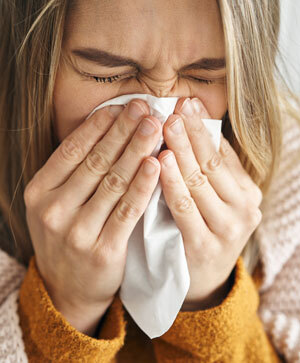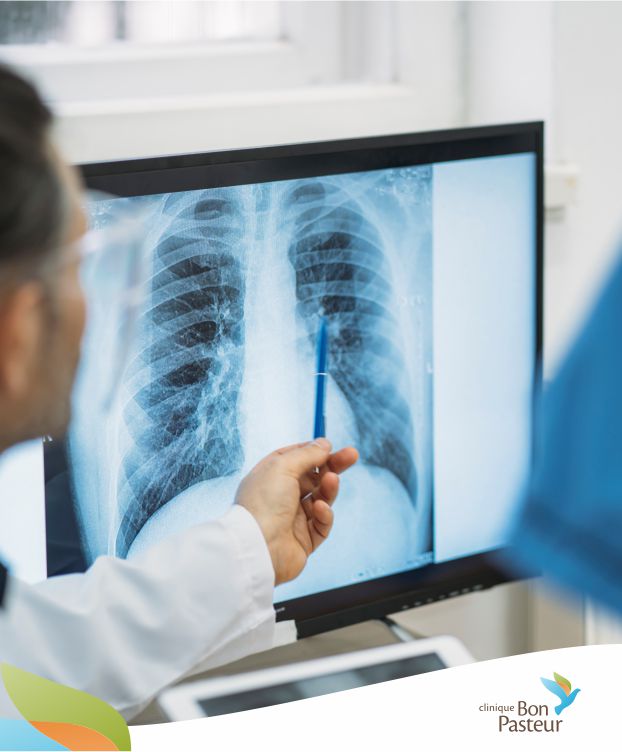Eye disorders in children and adolescents
October 22, 2021
Though visual impairments tend to appear in adolescence, they sometimes develop at a very young age and can even be present at birth. So how do you identify vision problems in a child? Dr Fakim, an ophthalmologist at the Bon Pasteur Clinic, tell us more.
Young children or teenagers typically visit the ophthalmologist because of refractive errors such as myopia, astigmatism, hyperopia or, more rarely, keratoconus, an eye disease that typically begins at puberty. While a teenager will notice a decline in his or her eyesight, it’s often more difficult for a younger child to do so. It is therefore important to pay close attention to the subtle, early signs of a visual impairment. “You should pay attention to what the child says and take into account any headaches on the way home from school. You should also look out for behavioural changes such as a tendency to watch television from closer up or an unexpected decline in their performance at school,” explains Dr Fakim.
If you think your child may have a visual impairment, you can carry out some tests to get a better sense of their visual acuity. Can your child make out a license plate that you can read? Does a picture in a book appear clearly to him or her? For infants, take notice of eye tracking issues – that is, difficulty in following an object with their eyes – and for crossed eyes (strabismus). If in doubt, book a visit to the clinic so your child can undergo a thorough ophthalmological examination. If he or she can read and write, he will have to decipher the same charts that are used for adults. If they can’t, they will be asked to identify images. For newborn and pre-schoolers, “objective” tests are used to identify refractive errors. And direct ophthalmoscopic examination of the optic nerve and retina through the dilated pupil can also help detect other abnormalities.
While many less common conditions such as strabismus or lazy eye syndrome require further treatment, wearing the right glasses is often sufficient to address most visual impairments. “Although the style of glasses is entirely up to the child, it is important to choose lightweight frames, which are more comfortable, as well as unbreakable plastic lenses for those under 16. These will prevent serious eye injuries in the event of an accident,” adds Dr Fakim.
Although most vision problems are constitutional and genetic, there are still things you can do to ensure your child’s eyes are as healthy as possible. A balanced diet with plenty of vitamins and minerals is of course important, but everyday risks should not be ignored. “All household maintenance products should be securely stored, as they can be very dangerous for young children. Car accidents are also a frequent source of eye injuries, so make sure your child rides in the back seat, as far away from the windscreen as possible. And during festive periods, accidents involving firecrackers or fireworks cause partial or total loss of sight in many children every year,” concludes Dr Fakim.
Do you think your child or teenager has a visual disorder? Don’t hesitate to contact us on 401 95 00. Our specialists will be able to help and advise you about what steps to take.
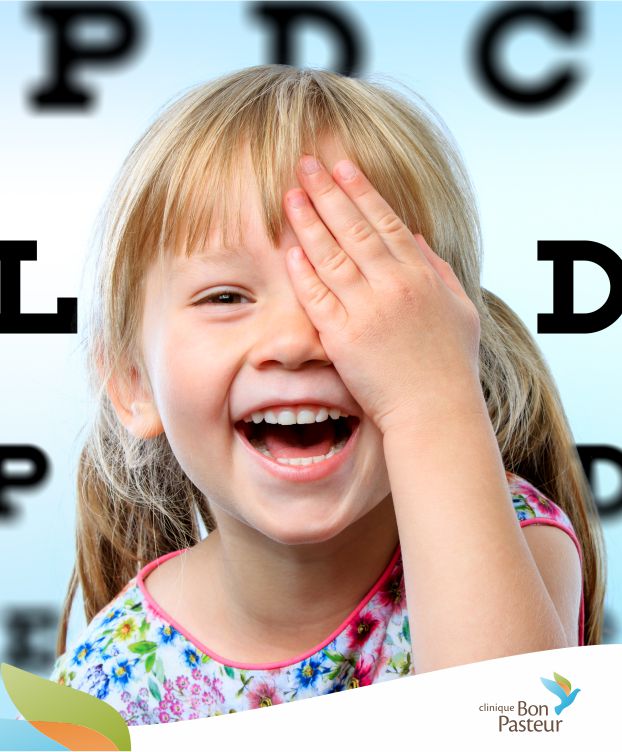
Related Article
